Ukraine: What are war crimes?
- Published
- comments
What is a war crime?
It's been five weeks since Russia invaded Ukraine, and since then there has been been lots of fighting in the country.
But now Russia is being accused of breaking some key rules of warfare.
Russia is accused of committing war crimes by deliberately killing Ukrainian citizens and the UN is now calling for an investigation into these accusations.
There are international laws in place to protect people at times of war - breaking them is considered a war crime.
What are the rules of war?
Over the last 100 years, countries across the world have agreed on things that you can and can't do during a war.
Breaking some of the bigger laws is called committing a war crime.
One law is that people in the countries affected by war who don't have anything to do with the fighting - known as 'civilians' - must be protected.
And this is the rule that Russia is accused of breaking - Ukraine say that Russian troops have killed Ukrainian citizens in the cities and towns they've been fighting in.
Russia says this isn't true, but many people on the ground, such as journalists from other countries, say they think war crimes have taken place.
There are also allegations that soldiers fighting for Ukraine shot a Russian soldier who was a prisoner. In war, prisoners are supposed to be protected. The BBC has asked the Ukraine military to comment.
The history of tensions between Russia and Ukraine.
There are other rules - they're made up of treaties (which are agreements between countries) such as the Geneva Convention, as well as other international laws.
Protects the sick, wounded, medical and religious personnel during conflict
Care for the wounded, sick and shipwrecked during war at sea
Treat prisoners of war with humanity
Protect all civilians, including those in occupied territory
How did these rules of war come about?
The Geneva Convention was first created in 1864.
A man called Henry Dunant travelled to Italy in 1859 for business, but on his journey witnessed the aftermath of a horrible battle.
He decided that an organisation should be created to look after wounded soldiers and offer help to those affected by war.
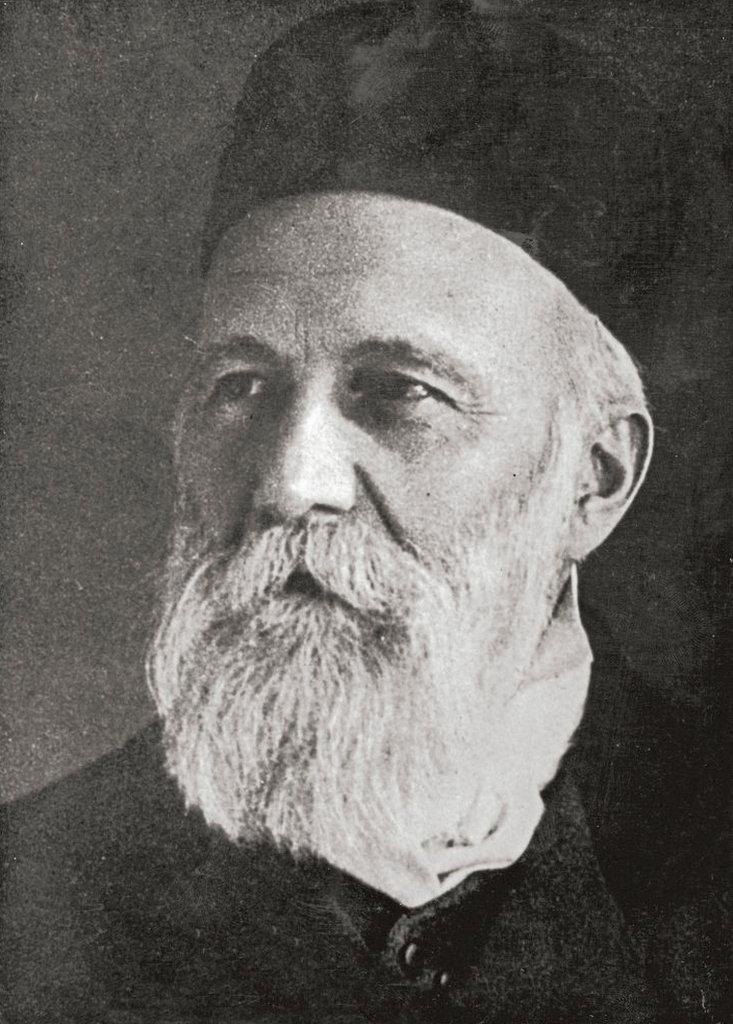
Henry Dunant, co-founder of the Red Cross
A group was formed to do this, which later became known as the Red Cross Movement. They held a meeting to discuss rules that should be followed when fighting in a war, and the first Geneva Convention, signed by 12 countries, was born.
Henry Dunant went on to become the first ever winner of the Nobel Peace Prize, which was awarded to him jointly with a man called Frédéric Passy.
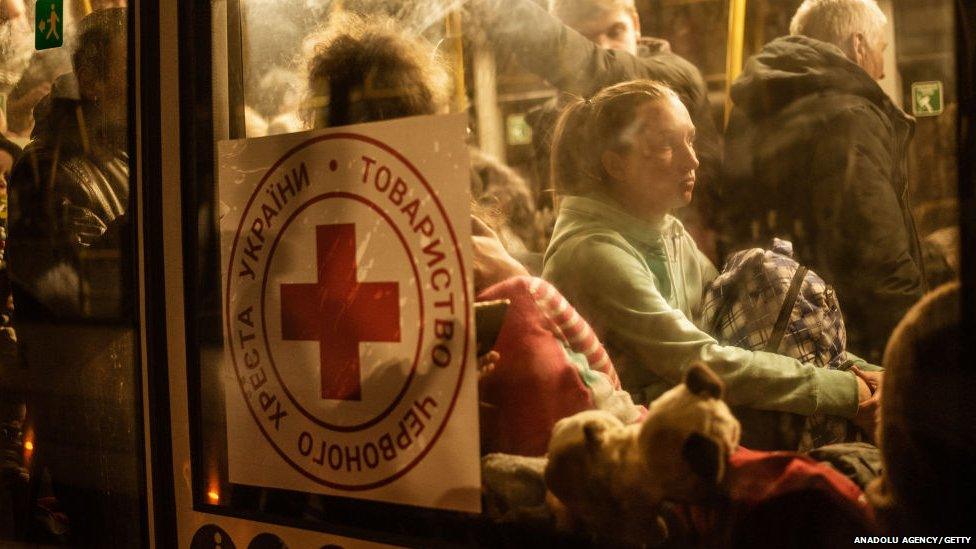
The Red Cross Movement is still going today - here you can see the Ukraine Red Cross helping people leave cities where fighting is taking place
How did the rules evolve?
Over the years, more rules were added to the Geneva Convention, and more countries were encouraged to sign up to it.
In 1906, the Swiss government asked 35 countries to meet and discuss updates to the rulebook. They added, among other things, more protections for troops wounded in battle.
After World War One however (July 1914 - November 1918), it was decided that the rules still didn't go far enough. More rules about protecting prisoners captured during a war were added in 1929.
Germany signed up to the new agreement, but during World War Two, the German Army and Nazi leadership did many terrible things on and off the battlefield. These included the Holocaust, where Jewish people and other groups the Nazis hated were killed.
This led countries around the world to expand the Geneva Convention once more, to make it clear that people not involved in the fighting in war-torn countries should be protected. This happened in 1949.
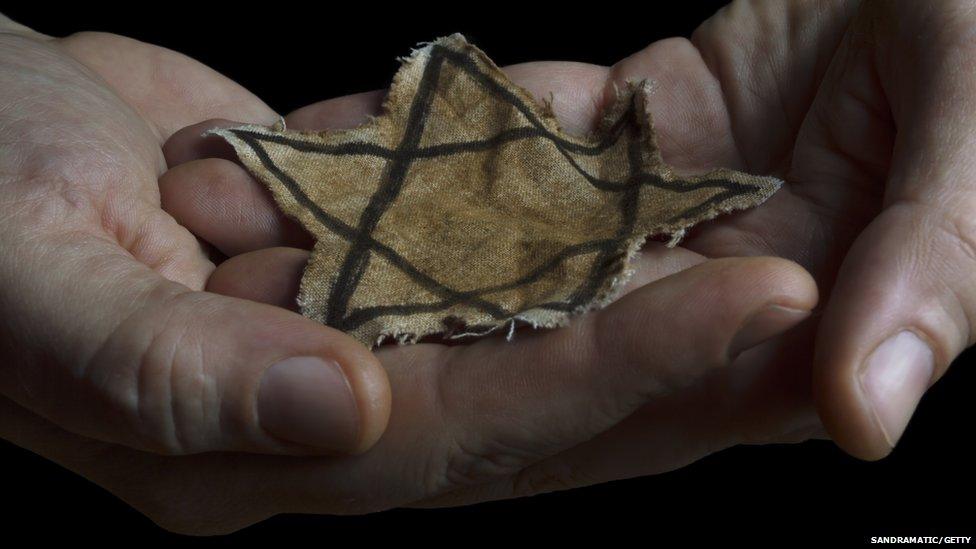
The Holocaust is still remembered today in memorials in museums
The four conventions have been updated and added to since then - for example, in 1977, causing "widespread, long-term and severe damage to the natural environment" when fighting a war was banned.
How have they been used?
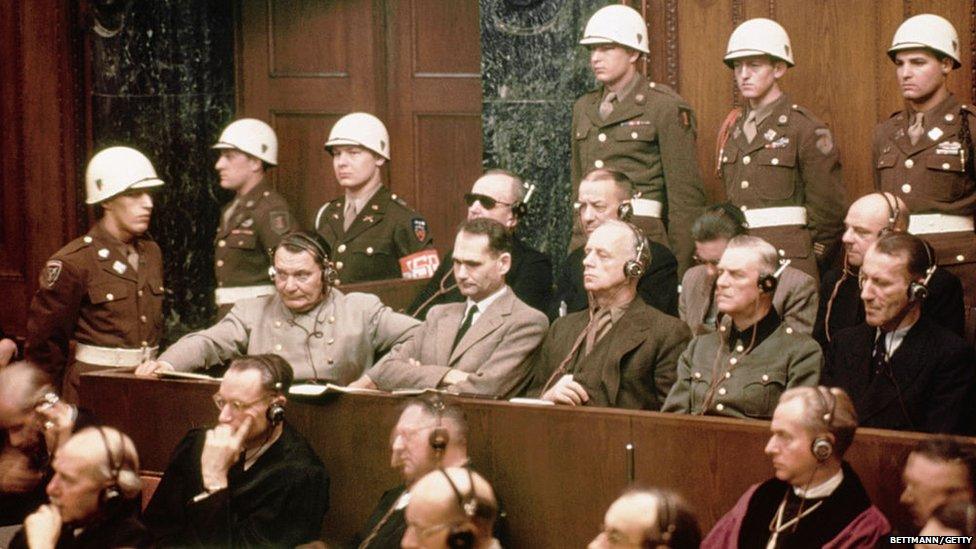
Here you can see Nazi officials waiting to be tried
Despite rules being agreed, it wasn't until the Nuremburg Trials after World War Two that any countries were punished internationally as a result of breaking them.
Some countries had in the past been reprimanded for doing horrible things when fighting, but they were only ever brought to trial by one country, with one set of laws.
After World War Two however, four nations (France, Britain, the Soviet Union and the US) wanted to take German leaders to trial for the atrocities they had committed.
The proceedings took place in the city of Nuremburg in Germany from 1945-1949. They saw individuals in the German army, as well as some organisations like the secret state police, receive punishments for committing war crimes. Instead of a judge and a jury, the punishments were decided by a panel of judges.
The trials were used as a blueprint for similar proceedings over the years, such as the trials of Japanese war criminals in Tokyo (1946-48), in the former Yugoslavia (from the 1990s onwards) and in Rwanda (after 1994).
- Published1 March 2022
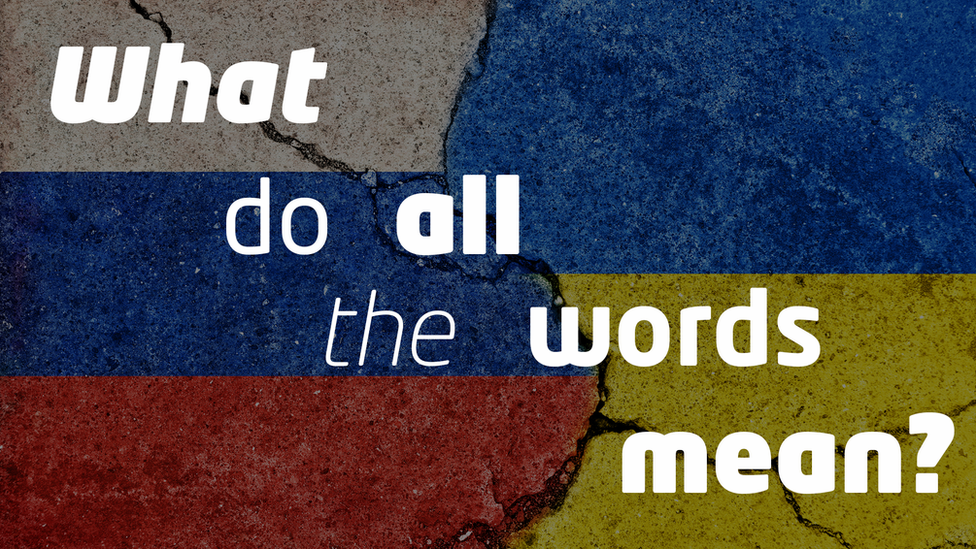
- Published8 March 2022
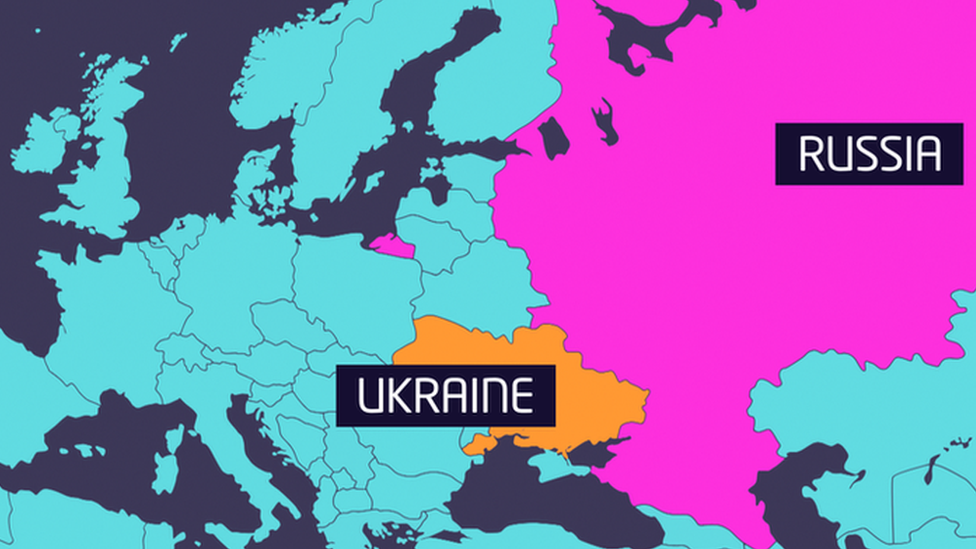
- Published29 August 2022

